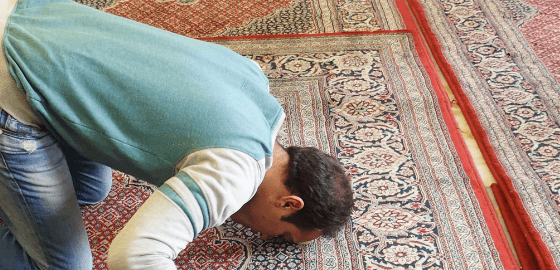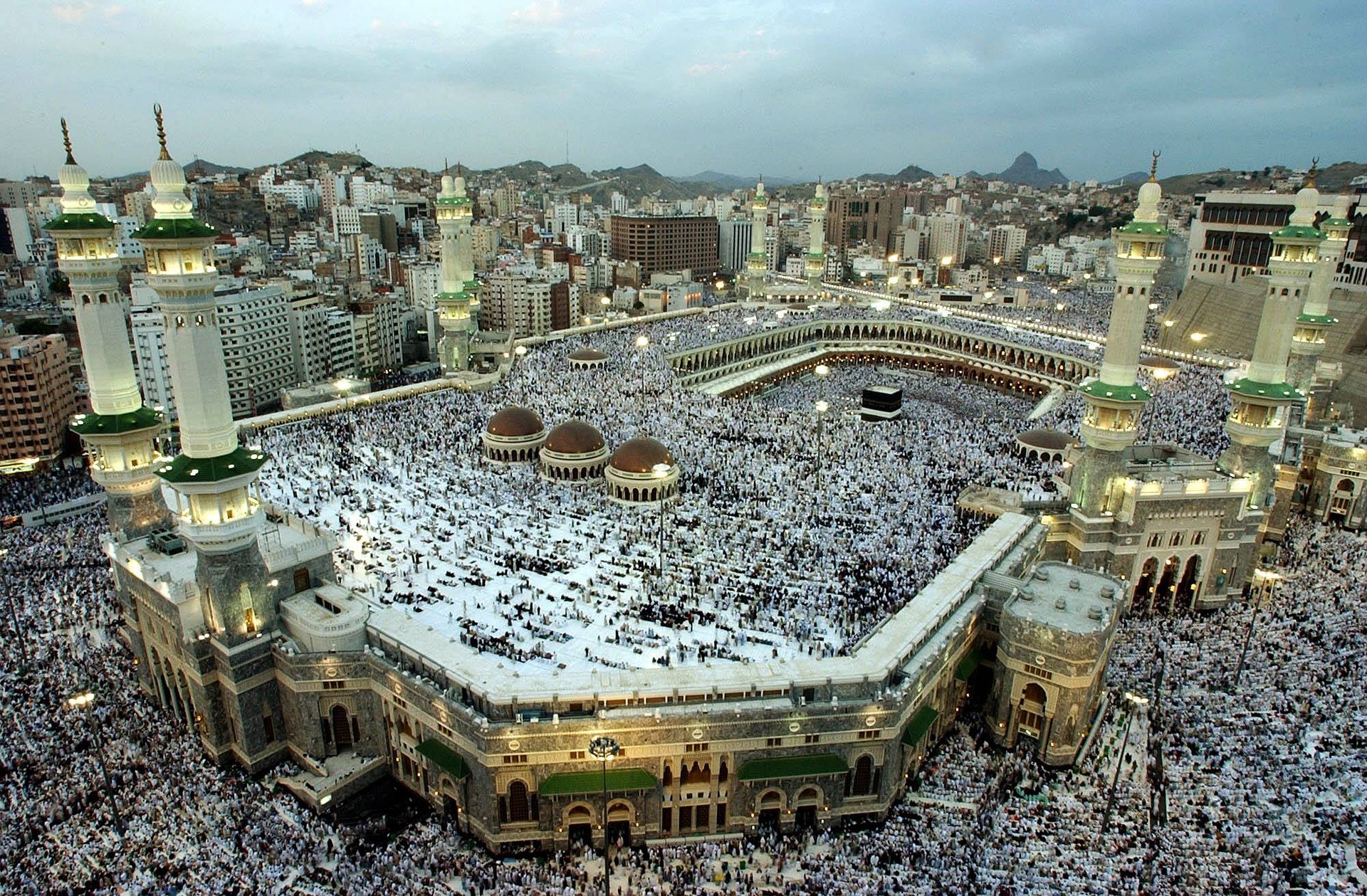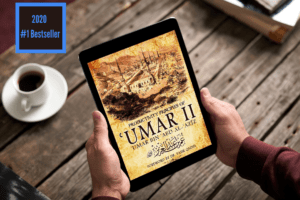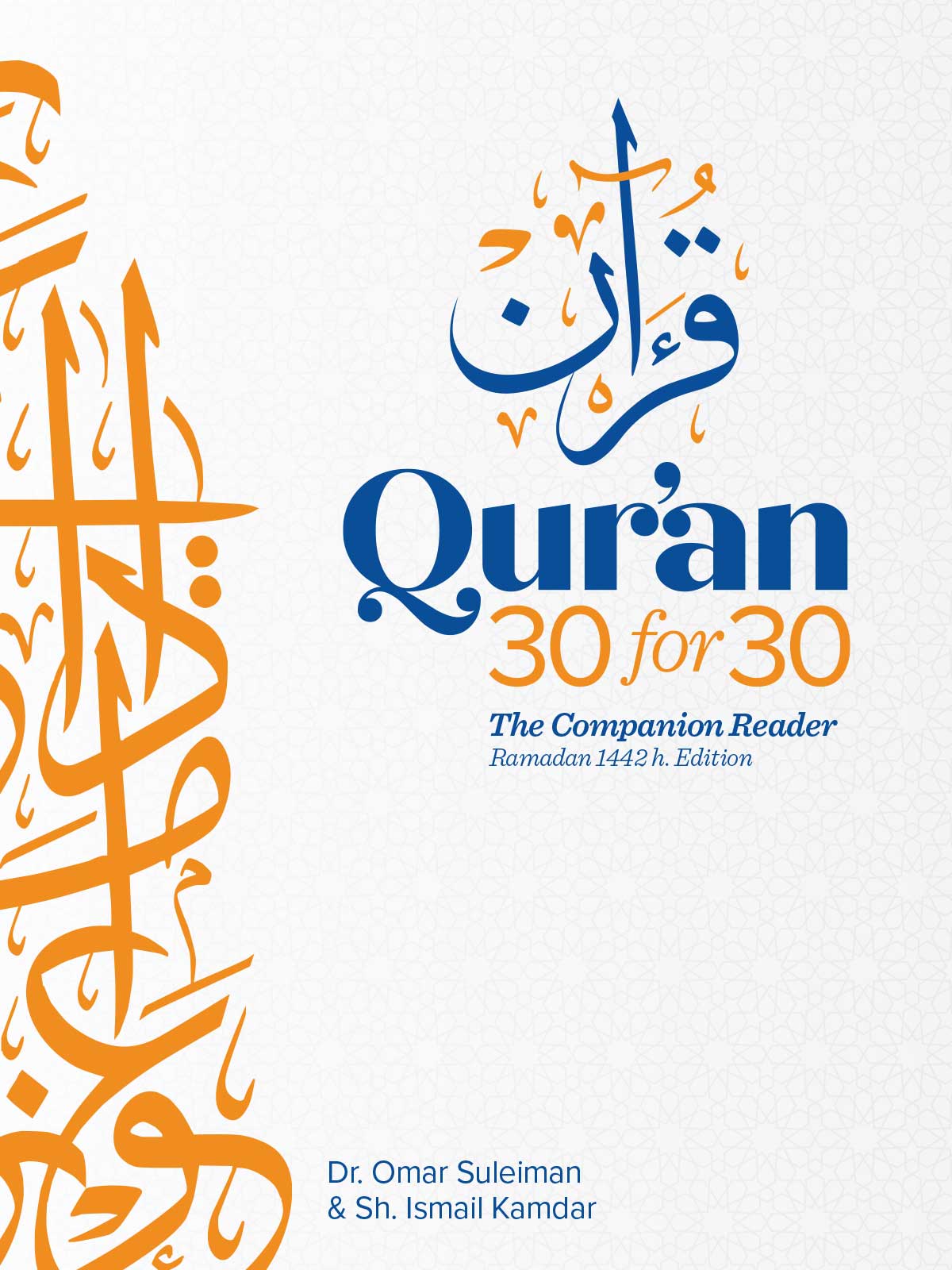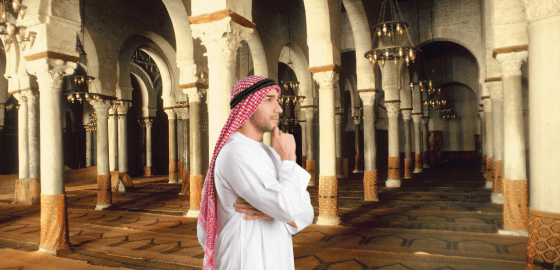This article is an extract from Earning Barakah: An Islamic Guide to Blessed Sustenance, available here.
Barakah literally means blessings. In Islamic theology, it refers to the concept of something providing value beyond what is expected in an almost supernatural manner. For example, if a meal for five comfortably feeds ten, it is considered to have barakah. Likewise, when $100 goes a long way for someone, it is considered to have barakah. Barakah is a type of karāmat (miracle) that Allah gifts to whom He wills.
The concept of barakah is itself a proof of Islam. The fact that righteous Muslims experience a miraculous increase in wealth, time, effect, or anything else is itself proof that Islam is the true religion of God and those who follow it with righteousness are blessed. Barakah is a beautiful thing to experience and every Muslim should strive to gain barakah in their wealth and every other type of sustenance.
The Quran and Sunnah prescribe many acts of worship that bring barakah into our lives. The verses and hadiths below outline some of the most important sources of barakah.
Piety and Trust in God
“Whoever is conscious of Allah, He will make a way out for him. And He provides for him from (sources) he never could imagine. And whoever puts his trust in Allah, sufficient is (Allah) for him. For Allah will surely accomplish his purpose. Verily, for all things has Allah appointed a due proportion” (Quran 65:2-3).
The primary source of barakah in Islam is one’s relationship with God, as outlined in these verses above. These are among the opening verses in the chapter of divorce (Surah al-Talāq) and are meant to provide hope and optimism for those going through the uncertainty of divorce. These two powerful verses have become a maxim for believers across the globe. Whenever a Muslim faces any difficulty, he or she is often reminded about God’s promise in these verses. If you are conscious of God and trust His plan, He will provide for you in ways you never imagined. This makes taqwā (God Consciousness) and tawakul (Trust in God) the two primary sources of barakah in one’s earnings.
Gratitude
And (remember) when your Lord proclaimed, ‘If you are grateful, I will certainly give you more.[1]
This beautiful verse highlights the second primary source of barakah; an attitude of gratitude. Islam prescribes positive thinking for its followers which includes living a life of gratitude. In our lives, there will always be trials, but there is also a lot to be grateful for. The Quran calls on us to recognize the bounties in our lives and thank God for these daily. The result of a life of gratitude is an increase in those bounties. The increase manifests in one of three ways; either God will bless a person with more of the same, with better than what he already has, or with barakah in what he currently has. In all three cases, gratitude leads to increase and therefore should be the constant mindset of the believer.
Some people assume that we should have gratitude during good times and patience during bad times. However, both qualities are always needed. During good times, we need to express gratitude for the blessings in our lives while showing patience by restraining ourselves from sin and persevering in doing good deeds. During times of hardship, we need to be patient with the trials of life, while looking for things to be grateful for. Whenever we find things to be grateful for during a difficulty, it eases the pain, uplifts our spirits, helps us fight off depression, and keeps us optimistic about the future.
This gratitude mindset can be expressed in a variety of ways. A simple way is to say Alḥamdulillah (all praise is for Allah) whenever you think about something you are grateful for. Another important way is to use that blessing in a way that is pleasing to God. For example, spending a portion of our wealth on others. A grand gesture of gratitude to God is to prostrate in gratitude to Him whenever you think about any major blessing in your life. In these different ways, we express our gratitude and earn the blessings of God in our lives.
Charity
Believe in Allah and His Messenger and donate from what He has entrusted you with. So those of you who believe and donate will have a mighty reward.[2]
Charity is a topic that comes up multiple times in this book as it is the heart of blessed sustenance. Charity is not limited to spending wealth on others. The Prophet (pbuh) said, “Every act of kindness is charity.”[3] This means that anything we do that benefits someone else is considered charity in the sight of God. In the above verse, Allah reminds us that our wealth is a trust from Him. We can fulfill that trust by spending a portion of that wealth in charity.
He also reminds us that such charity will bring about great rewards. The reward for charity is experienced in both worlds. In this world, the generous soul experiences barakah in his wealth as well as an increase in wealth. In the next, he experiences multiplied rewards for every action that benefited another creature.
Charity should be a lifestyle for the believer. It should never be something that we only do in Ramadan when feeling guilty, or on a public platform. It should be a part of our daily lives. Every day we should seek out opportunities to benefit others and serve society. Even if we do not have any wealth to give, we should look for other opportunities to earn the reward of charity by spending some of our time and knowledge in the path of God. A lifestyle of service earns blessings in every aspect of our lives, especially our wealth.
Dr. Khalil Abdurrashid describes the life of the believer as such;
In Islam, from birth throughout a person’s lifespan, charitable giving fashions a person’s daily, nightly, and monthly routine. Even the body itself is included in the expectation of charitable giving for the Islamic tradition encourages a person to engage all their bodily limbs in charitable acts.[4]
Sharing and Hospitability
Abū Huraira narrates that Allah’s Messenger (pbuh) said, “The food for two persons is sufficient for three, and the food of three persons is sufficient for four persons.”[5]
Linked to gratitude and generosity is hospitality. Islam encourages us to treat our guests with honor and to share our meals. The true believer does not focus on his stomach only. A beautiful way to express our gratitude to God for every blessing He has gifted us with is to share it with others. This does not only manifest itself in charity, but also in other types of generosity like sharing meals, honoring guests, and sending gifts to our neighbors and relatives. Every act of kindness causes a barakah effect on our wealth and lives.
Fair Trade
Hakīm bin Hizām narrated that the Prophet (pbuh) said, “The seller and the buyer have the right to keep or return goods as long as they have not parted or until they part; and if both the parties spoke the truth and described the defects and qualities (of the goods), then they would be blessed in their transaction, and if they told lies or hid something, then the blessings of their transaction would be lost.”[6]
I quoted this narration in the previous chapter to show the importance of transparency in business. There are many lessons to derive from this narration, including an important lesson related to barakah. Note that at the end of this narration, the Prophet (pbuh) states that the blessings of a transaction are dependant on whether the trade was honest or not. If either party is dishonest, it causes a loss in blessings for that individual.
Islam is a religion that demands the highest level of character from us, especially in business. There is no room in Islam for shady business deals, cheating customers, or hiding defects. If we want our wealth to be blessed, we must be honest, fair, and transparent in every deal we do. This is one of the primary methods of turning our wealth into blessed sustenance.
Early Hours
Abū Hurairah narrated that the Messenger of Allah (pbuh) said, “O Allah, bless my nation early in the morning…”[7]
The early hours of the day are considered blessed in Islam. Recently, many Non-Muslims have discovered this and have been pushing this idea of starting one’s day early. They claim that they cannot understand why but people get more done when they begin their days early, and time seems to last longer. Muslims, however, recognize this as the blessings of the early hours.
Islam encourages us to start our day early, that is why the first prayer (Fajr) is before sunrise. This forces us to wake up before sunrise. Should we decide to stay up and start work then, we will discover a lot of blessings in our time, as well as the wealth earned during those early hours.
Islam does not encourage a lazy lifestyle. Sleeping less, working more, and spending more time in community service are all part of the Islamic lifestyle. A healthy balance needs to be achieved but if sleep should never be our main priority in life, in a way that half our lives or more are wasted sleeping. Early to bed and early to rise should be a habit for all of us.
Dua (Supplication)
The Messenger of Allah (pbuh) said: When one rises in the morning, one should say: “We have reached the morning, and in the morning the dominion belongs to Allah, the Lord of the universe. O Allah! I ask Thee for the good this day contains, for conquest, victory, light, blessing, and guidance during it; and I seek refuge in Thee from the evil it contains, and the evil contained in what comes after it.” In the evening he should say the equivalent.[8]
If you want something in life, you simply need to ask God for it. Allah answers the duas of anyone who calls on Him, as long as what they are asking for is beneficial for them. Therefore, it makes sense to ask Allah for blessings in our time, wealth, and everything else. The above narration includes a recommended supplication. The Prophet (pbuh) recommended starting every morning and evening asking God for many things, one of which is barakah. This shows us that it is recommended to ask Allah for barakah.
We need to revive this practice and make it part of our daily acts of worship. Whenever we call upon Allah asking for whatever we need, our supplications should include asking Allah for barakah in our time, wealth, lives, progeny, and anything else that is important to us. If we do this daily, we should notice an increase in barakah in all these aspects of our lives very soon.
Piety, gratitude, charity, hospitality, fairness, waking up early and supplication are all ways through which we earn blessings in our lives and wealth. If we want our sustenance to be blessed, we must strive to earn it in a way that is pleasing to God, spend it in a way that is pleasing to God, live in a way that is pleasing to God, and ask God directly for it.
Generosity and hospitability are important ways of expressing our gratitude to God for the blessings in our lives. It is through these actions that we earn an increase in blessings. The barakah effect of living a pure life goes a long way towards increasing our happiness and inner peace.
Learn more with Earning Barakah, available in PDF format here.
[1] Quran 14:7
[2] Quran 57:7
[3] Tirmidhī 1970
[4] Dr. Khalil Abdurrashid, Financing Kindness as a Society: The Rise & Fall of Islamic Philanthropic Institutions (Waqfs), Yaqeen Institute: https://yaqeeninstitute.org/khalil-abdurrashid/financing-kindness-as-a-society-the-rise-fall-of-islamic-philanthropic-institutions-waqfs
[5] Ṣaḥīḥ al-Bukhārī 5392
[6] Bukhārī 2079
[7] Ibn Mājah 2237
[8] Abū Dāwūd 5084

